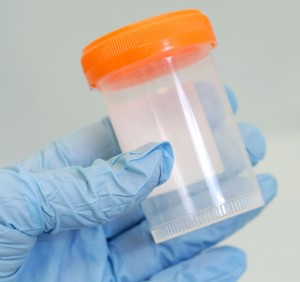
The Minnesota Court of Appeals reversed a previous ruling in a DUI case on Monday, ordering that the state cannot prosecute drivers for refusing to submit to urine tests if police do not have a warrant.
The decision reserved the previous conviction of Ryan Thompson, who was charged with second-degree test refusal stemming from an incident in 2012. The Appeals Court stated that their decision affirmed Thompson’s “fundamental right to be free from unconstitutional searches.”
According to case details, Thompson was pulled over outside an Owatonna bar around closing time on April 12, 2012 after he allegedly jumped a curb, cut a corner and went over the center line as he left the parking lot. The responding officer wrote that he “detected an overwhelming odor” of alcohol coming from the vehicle and that Thompson appeared to have glassy eyes. Thompson admitted to having one beer, but he failed a subsequent field sobriety test. The officer asked Thompson to submit to a blood or urine test back at the station, but he did not consent was charged with refusal. Urine Alcohol Tests are often used in legal situations to determine the alcohol content in a person who is the subject of a screening.
The Appeals Court decision falls in line with a 2013 Supreme Court decision that ruled that police must attempt to obtain a search warrant before ordering tests from drunk driving suspects.
First Blood, Now Urine, Breath Next?
This is the second time in the past few months that the Minnesota Court of Appeals has made a ruling that championed the 4th Amendment protects guaranteed by the Constitution. Back in October, the Appeals Court ruled that a similar DWI refusal charge ruling be reversed because the defendant was charged for refusing to submit to a warrantless blood draw. Calling the blood draw “undeniably intrusive,” the Court of Appeals ruled that a “warrantless blood test would be unconstitutional.”
A similar ruling was issued in Thompson’s case, as Judge John Smith penned the decision noting that urine tests are also inherently intrusive.
“Because a driver must produce a urine sample in front of an officer, a urine test is unquestionably more intrusive than a breath test.”





